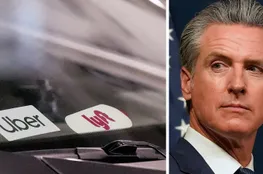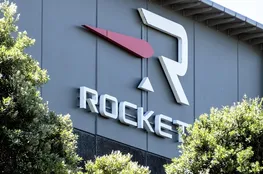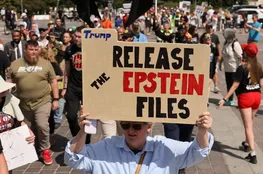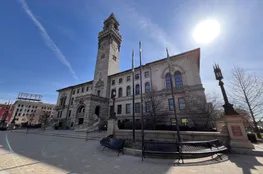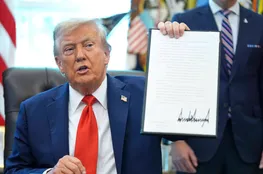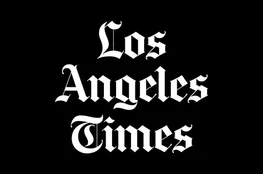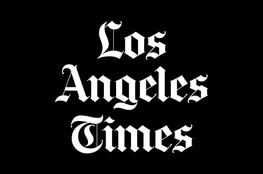In the final stretch of the 2024 presidential election, tensions are high as political advertisements and appearances dominate screens across the nation. Former President Donald Trump's recent campaign ad, aired during NBC's NASCAR Xfinity 500 race at Martinsville Speedway, has sparked considerable attention. Seen sporting a 'Make America Great Again' hat, Trump urged voters to go to the polls, warning that a vote for Vice President Kamala Harris could lead to another 'depression.' This ad surfaced amid a controversy revolving around Harris’ appearance on NBC's 'Saturday Night Live' (SNL), which had become a heated topic over the weekend.
The uproar began when NBC hosted Harris in a surprise stint on their popular sketch-comedy show. This led to criticisms and concerns over whether the network was providing equal representation to all presidential candidates, as the Federal Communications Commission's (FCC) equal-time rule mandates. This rule, in place since 1934, requires broadcasters to offer equal opportunities to all political candidates, though exceptions exist for newscasts and certain broadcasts. Following the backlash, NBC filed an Equal Time notice with the FCC, asserting Harris’ appearance on SNL fell within permissible bounds under this rule.
FCC commissioner Brendan Carr, a senior Republican, expressed his discontent with the situation, pointing out that broadcasters hold a unique position of trust with public airwaves and should operate in the public interest. Carr criticized the lack of equal airtime for Trump and other candidates amid Harris' SNL cameo, especially so close to Election Day. NBC justified its decision claiming the SNL segment was a free use of its facilities and airwaves as per the federal rule, offering Trump the chance to appear on future broadcasts before voting closes.
As the dust settles, the implications of this media battle continue to reverberate. With Election Day looming, both campaigns are grappling for every moment of airtime they can secure. While Trump’s ad aired during one of America's favorite sporting events illustrates his strategic grasp of media influence, the ongoing dialogue between political figures, broadcasters, and regulatory bodies like the FCC underscores the complexities candidates face in securing fair media treatment. As both Harris and Trump vie for the presidency, these developments serve as a testament to the pivotal role media plays in modern electoral politics.


